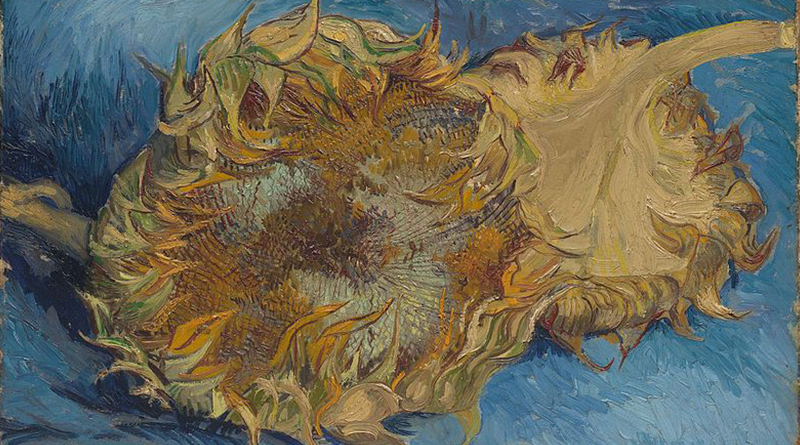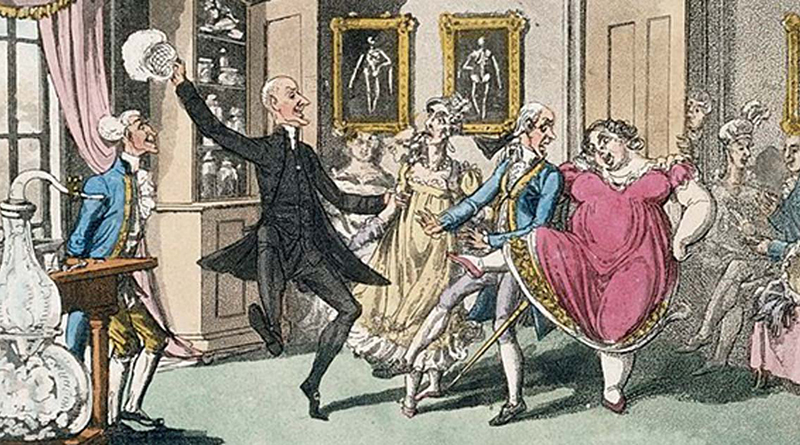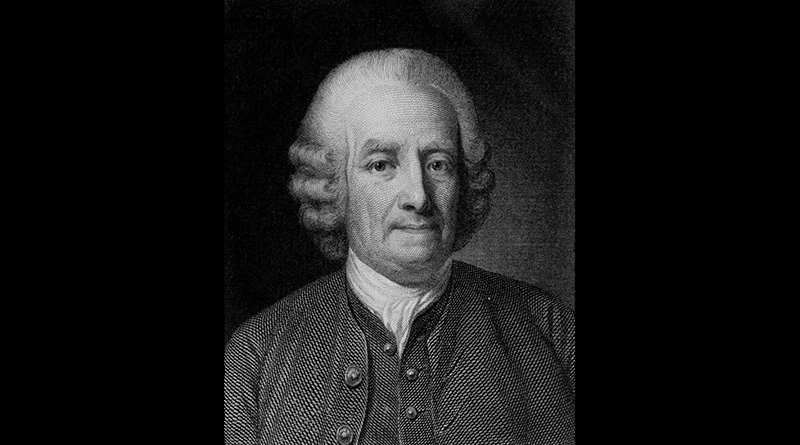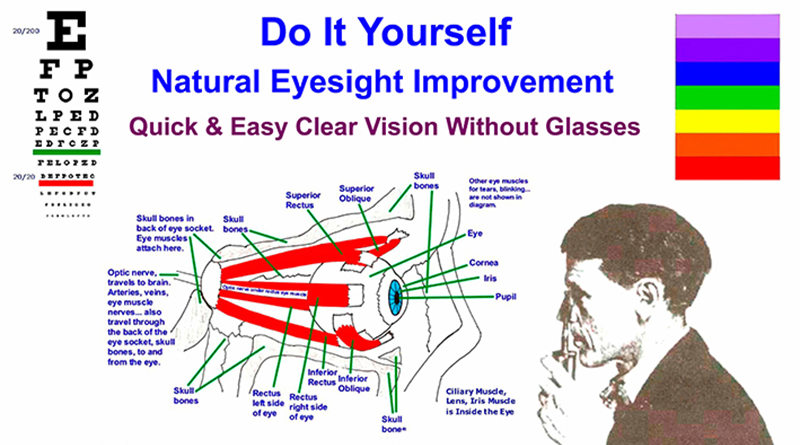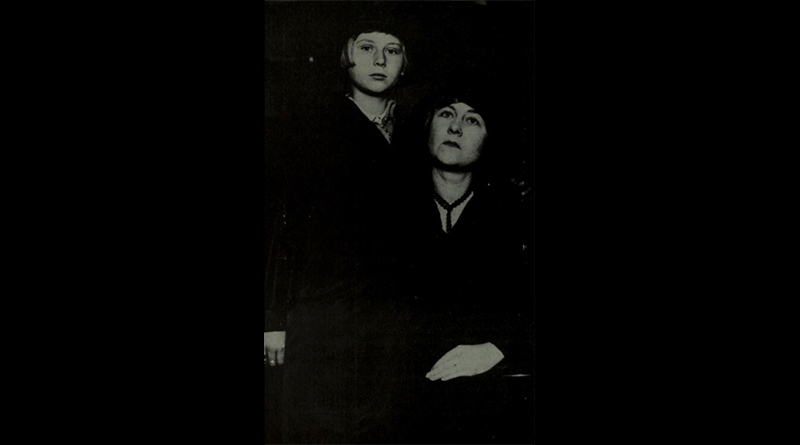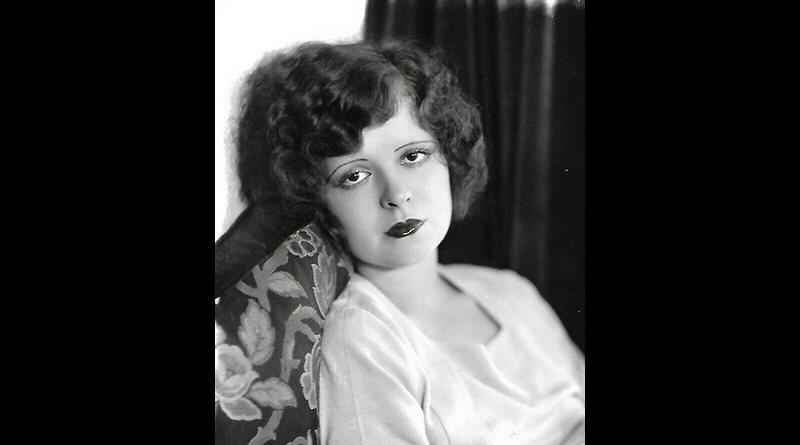I want to go back to my parents. My grandmother explains that the Warsaw ghetto will soon be liquidated, perhaps within days. There is an ambulance going back to Warsaw, and I can go if I really want to. Was there a moment of indecision? I don’t remember because I have already discovered a method, or principle for making important decisions. I would ask myself the question: what do my parents want me to do? and then act accordingly. Do I know now that I will never see my parents again? I don’t and can’t ask myself such a question.
And so I don’t return to Warsaw but stay with my grandmother in Zofiowka; not for very long, a few days, perhaps another week. My education in the Catholic faith continues. My next escape is on the cards but again nothing is said. I am merely aware that there will be another journey. Nothing is discussed in front of me and this is helpful, since I don’t have to worry in advance.
I live from day to day. I am still more or less at home. People around me are nice to each other. Stefan Themerson’s mother teaches me embroidery. I go for walks, pick flowers, play ball with my friends. During the following three days, however, I guess that our ghetto too will not continue for much longer. I have no recollection of what my grandmother tells me but one day I just simply know that the time is fast approaching for me to leave. A couple more walks, a visit to the kiosk to buy sweets, permission from Stefan’s mother to pick a couple of sunflowers even though they are not quite ready. Lucja sews a couple of silver coins into my blouse. In another seam is a list of addresses. I take with me a round silver brooch with cut out enamelled daisies and, quite recklessly, a photograph of my grandmother. I will lose both of them within days. The decision to leave is my own. Of the three possible options remaining to me, one is now out of the question: it is already too late to return to the Warsaw ghetto with the ambulance. The two that are left are to stay with my grandmother, or to leave. I imagine that some payment has been made to a family outside the Otwock ghetto to take care of me. I suppose that the Bechstein grand has been sold principally for that purpose. Which means, of course, that leaving is what my parents want me to do. Doubts evaporate. I shall go. Yes, I am frightened, I don’t really know what I am doing, but I shall go. Simultaneously, I begin to suspect — in fact I become convinced — that my grandmother and her brother are going to commit suicide. I look at the elegant carafe on the round table covered with a white tablecloth in the sitting room. The carafe is covered with a white lace napkin and I imagine that it contains the poison that they will swallow. Of course, nothing is said. In reality, I didn’t know what means they would use to end their lives, but eventually I do find out that they committed suicide by taking cyanide.
The Warsaw ghetto, the so-called small ghetto, is finally liquidated on 10th August 1942. The Otwock ghetto is liquidated on 19th August. Most of the residents are either shot or are sent to Treblinka. Stefan Themerson’s mother and all the others perish. Stefan and Irena Miller are killed by the guides that were meant to be taking them across the border. My parents are deported from the Warsaw ghetto to Treblinka, in the autumn, or perhaps in November. I learn eventually that they are among the last to be taken, having worked in the German workshops.
I leave Zofiówka, according to the instructions from my grandmother. Again, there are no good- byes, no last words of advice. I am now in charge of my own life. This is the first time I set out alone to go anywhere, but my usual fear evaporates. At nightfall I proceed to the edge of a wood, climb under some barbed wire using sticks to prop it up, and walk right through the wood to the other side, changing directions several times according to grandmother’s instructions. I have been told to walk purposefully but not to approach my destination in a straight line. Today I cannot imagine how long it took, perhaps twenty minutes, perhaps a little longer. At the other end, a man is standing against a tree quietly whistling to himself. He greets me and without further ado takes me to his house. Apart from his wife, there are several other children. Each child has a corner of the sitting room, I occupy half a sofa and this is where I sit and sleep for two nights and two days. This is my third journey since life was normal, and the first one undertaken by myself.
— Jasia Reichardt, in her book 15 Journeys: Warsaw to London

